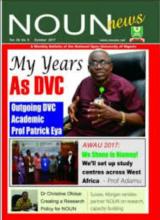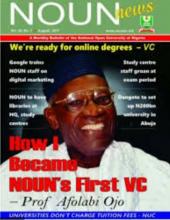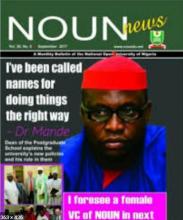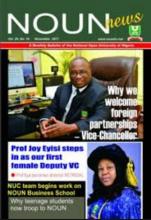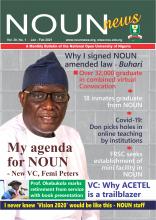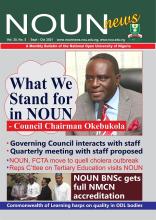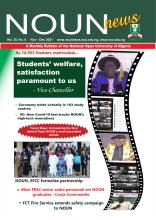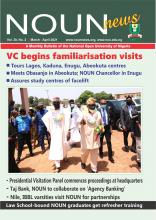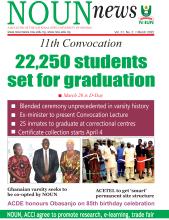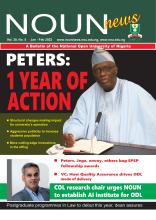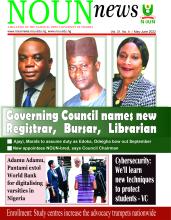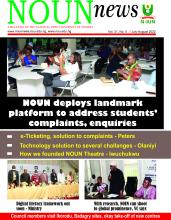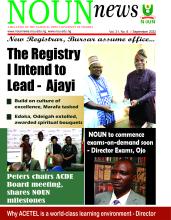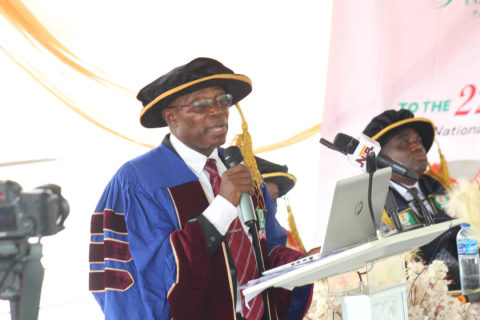
A university don Professor Sami M. Ayodele, has called for the commencement of an elaborate sensitisation of Nigerian citizens on the need to embrace mushroom cultivation as research shows that it can create wealth, alleviate poverty and enhance human health.
Ayodele, a professor of botany, stated this in Abuja while presenting the National Open University of Nigeria's 22nd Inaugural Lecture on Thursday.
Speaking on the topic, “Mushrooms: Friends or Foes,’’ the expert from the Faculty of Science of the university, noted that mushroom stands tall amongst other vegetables due to its high medicinal and nutritional content that can deal with micronutrient malnutrition which is prevalent among the less privileged in the society.
He said: “The global demand for mushrooms has continued to increase significantly according to the Food and Agricultural Organisation (FAO) report and the market for mushrooms is also huge and growing exponentially.
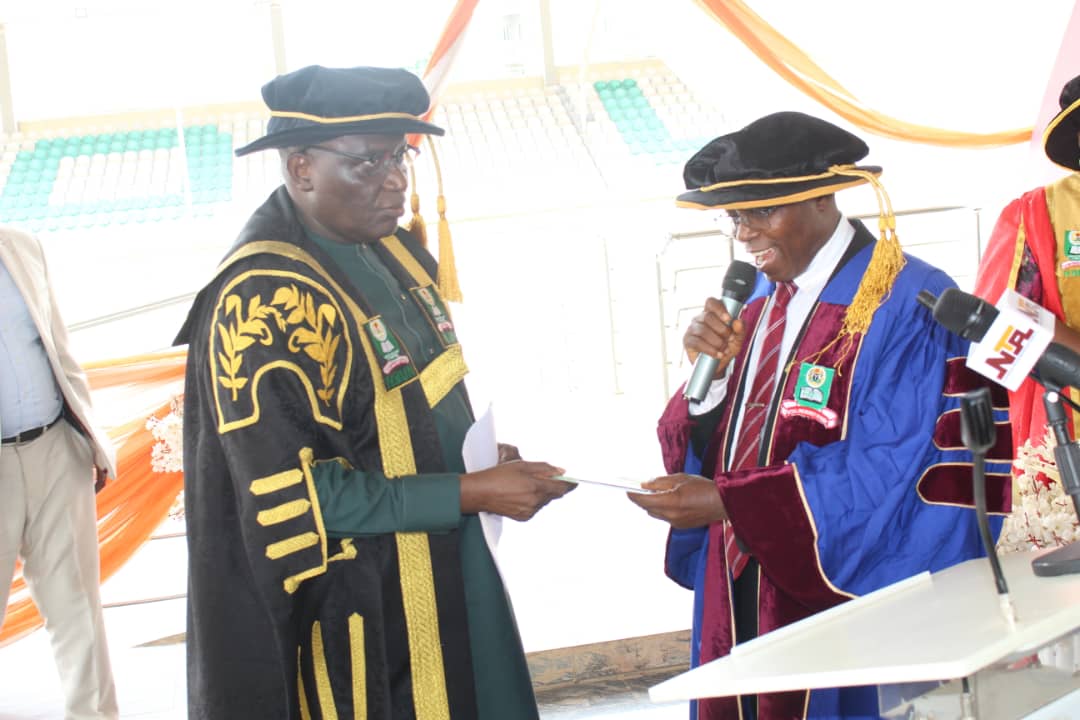
Ayodele said if attention is given to mushroom cultivation, it can offer a lot of hope by contributing significantly to the country’s GDP.
“It is safe to declare that Nigeria can earn as much as 1 trillion naira annually if the sector is properly developed.
“The mushroom sub-sector, along the value chain, if properly developed and managed, could provide 30 million skilled, semi-skilled and unskilled jobs for the teeming unemployed graduates, vulnerable youths and women,’’ he said.
The lecturer, therefore, called for regular conferences and workshops by mushroom scientist to sensitise the Nigerian public about the new trends in mushroom cultivation and its potential for food security.
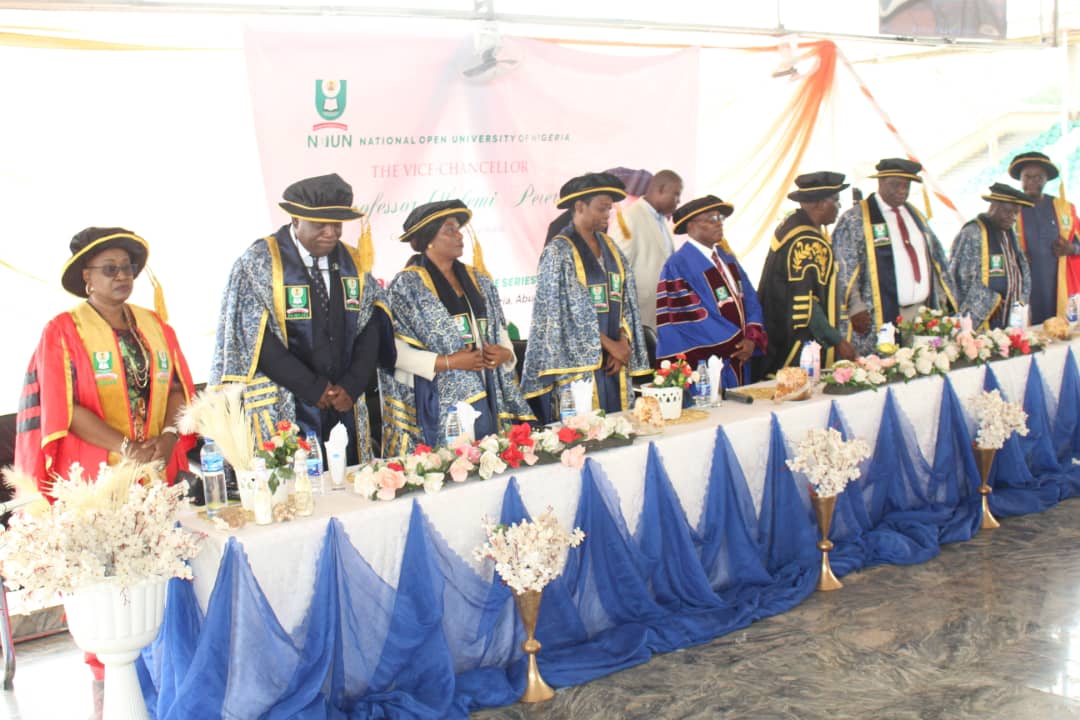
Speaking on the plant's nutritional benefits, Ayodele said mushrooms are rich sources of protein, fibre, vitamins, and carbohydrates, amongst others.
Thus, he said, it is suitable for patients with heart disease, hypertension and diabetes.
On the numerous health benefits of mushrooms, the don also revealed that mushrooms contain special ingredients that help prevent cancer and other life-threatening medical conditions.
He added that they can also be used to treat headache, stomach ache, fever, cold, mumps and heart disease.

According to him, mushrooms play a role in reducing environmental pollution by converting and utilising organic wastes generated through activities of agricultural, forest, and food processing industries.
The scholar presented a 10-point recommendation in which he called on the Nigerian government to establish national mushroom germplasm centres in different parts of the country where documentation of all available edible and medicinal mushrooms is housed.
He also recommended the inclusion of mushroom cultivation for entrepreneurial purposes in the educational curriculum in Biological and Agricultural sciences.
Pharmaceutical industries in Nigeria, according to him, should exploit the medicinal potentials of the bio-diversities of medicinal mushrooms in the country for medicinal formulation.
On his part, the Vice-Chancellor of NOUN, Prof. Olufemi Peters, commended Ayodele for his erudition and research that will raise more awareness on the immense benefits and value of mushrooms to the economy.
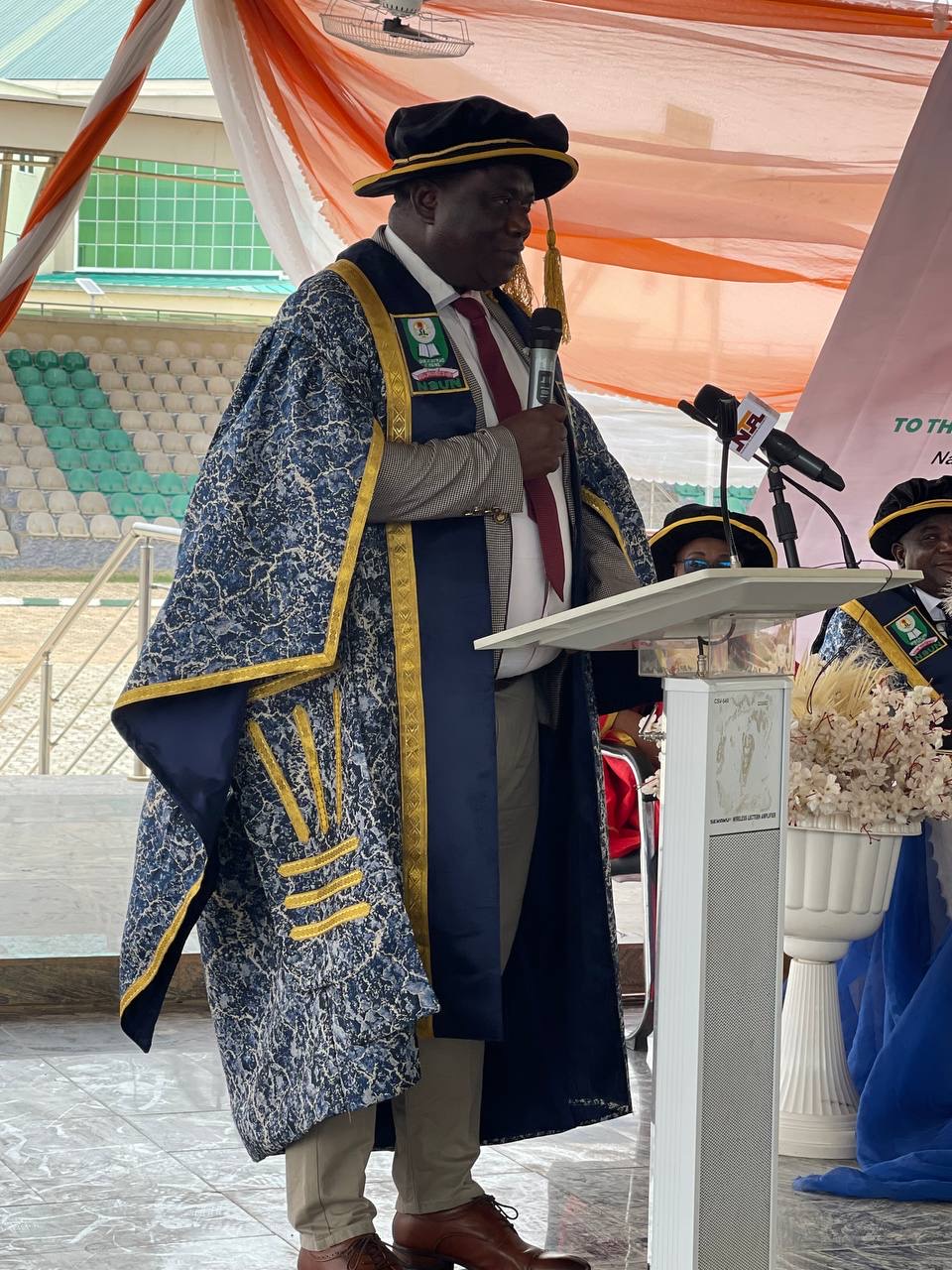
The Deputy Vice-Chancellor, Academic, Prof. Uduma Orji Uduma, in his vote of thanks, congratulated the lecturer and thanked the university community for coming out in huge numbers for the inaugural lecture.
The lecture attracted the lecturer’s family and friends, traditional rulers, colleagues and well-wishers.
- Log in to post comments
- 92 views

